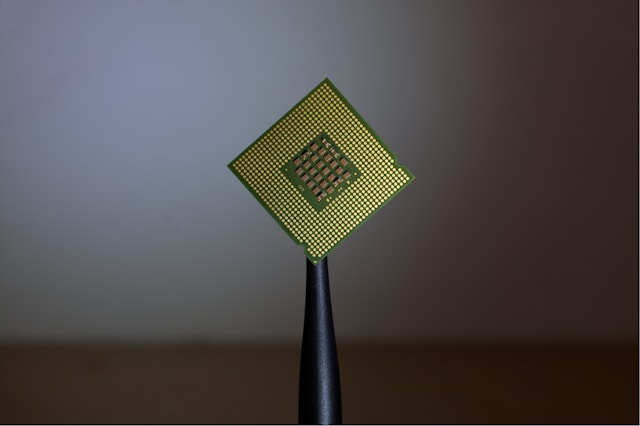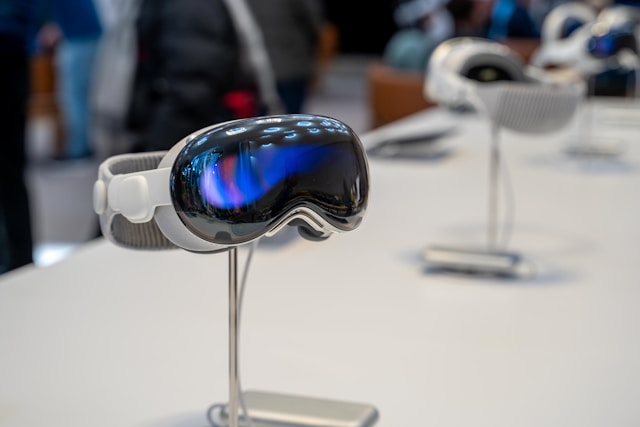In a dramatic move that underscores the escalating geopolitical tensions between China and Taiwan, two of the world’s leading chipmakers, ASML and TSMC, have reportedly implemented a remote “kill switch” for their advanced chipmaking machines. This development, reported by Bloomberg, highlights the growing concerns over a potential Chinese invasion of Taiwan and its implications for the global economy.
ASML and TSMC’s Strategic Response
ASML, a Netherlands-based company and Europe’s top tech firm by market value, supplies cutting-edge chipmaking equipment to various semiconductor companies, including Taiwan’s TSMC. TSMC is estimated to produce around 90% of the world’s most advanced processor chips, making it a pivotal player in the global tech industry.
The introduction of the “kill switch” enables these companies to disable their most advanced machines remotely. This drastic measure has been put in place to prevent China from gaining access to these technologies should it invade Taiwan, which it claims as its own territory. This capability was confirmed to Dutch officials by ASML, ensuring that these machines could be shut down if geopolitical circumstances necessitate it.
The Geopolitical Backdrop
The tensions between Washington and Beijing have been intensifying, particularly concerning advanced technology and national security. In November 2023, the US imposed restrictions on China under the Advanced Computing Chips Rule, making it more challenging for China to import advanced AI chips from American manufacturers. Additionally, the US has pressured the Netherlands to restrict ASML’s exports to China, aiming to curb China’s ability to manufacture advanced chips.
Bloomberg reports that these concerns are not just hypothetical. The US has communicated its fears about a Chinese invasion of Taiwan to officials in both the Netherlands and Taiwan. This strategic alignment between Western allies seeks to safeguard the technology critical to modern industries, from data centers to smartphones.
Taiwan’s Crucial Role in Chip Manufacturing
Taiwan is a global hub for semiconductor production, and any conflict in the region could have severe repercussions for the global economy. The island’s semiconductor industry is vital for producing the microchips used in a vast array of products, including artificial intelligence and military applications.
Recent political developments have exacerbated these tensions. After the inauguration of Taiwan’s new President, William Lai, Beijing increased its military activities around the island. The Chinese government has labeled Lai a separatist and announced military drills as a punitive measure against what it perceives as Taiwan’s independence movements.
Shifts in Chipmaking Supply Chains
Amid these rising geopolitical tensions, the semiconductor supply chains are undergoing significant changes. TSMC is expanding its production capabilities outside Taiwan, with new facilities planned in Arizona, Japan, and Germany. However, these new plants will take time to become operational, and the global tech industry continues to rely heavily on Taiwanese manufacturing.
The US is also making strides to bolster its chipmaking capabilities through the CHIPS Act, which allocates billions of dollars to domestic production, research, and workforce development. Despite these efforts, industry leaders like Nvidia CEO Jensen Huang emphasize that the world’s tech sector will depend on Taiwanese manufacturing for the foreseeable future. Huang noted in an interview with Bloomberg TV that it would be “very difficult” for Nvidia to meet its customers’ needs without the contribution of Taiwanese factories.
The Path Forward
The ability of ASML and TSMC to remotely disable their machines represents a significant development in the intersection of technology and geopolitics. As the world watches the unfolding events in the Taiwan Strait, the tech industry braces for potential disruptions that could ripple through global markets.
The strategic moves by ASML and TSMC reflect a broader trend of companies navigating the complex landscape of international relations and technological dependencies. The coming years will be critical in determining how these tensions play out and what measures will be necessary to protect the global tech infrastructure.
The reported “kill switch” capability by ASML and TSMC is a stark reminder of the precarious balance between technological advancement and geopolitical stability. As nations and companies alike prepare for an uncertain future, the actions taken today will shape the technological and economic landscapes of tomorrow.









Leave a Reply